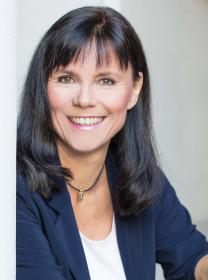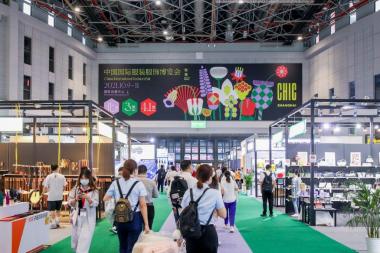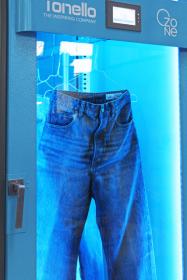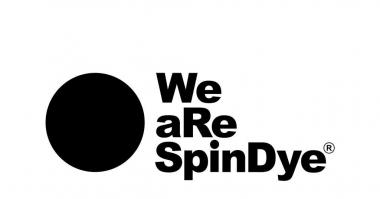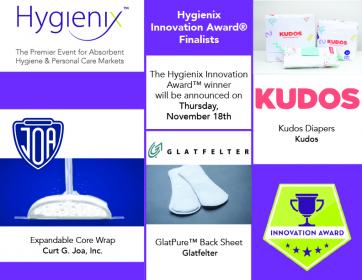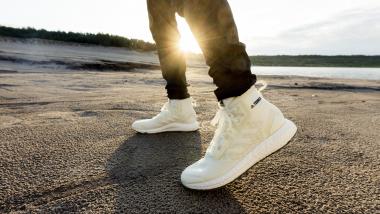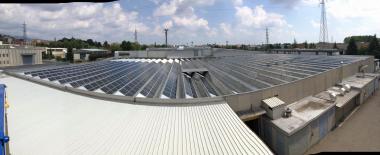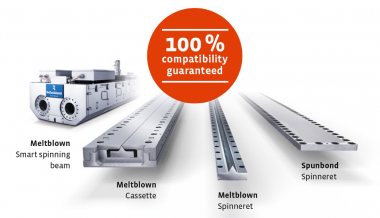Elke Katz joins the board of the Beitlich Family Foundation
The Beitlich Family Foundation, owner of the CHT Group, has appointed Elke Katz as an additional member of the Foundation's Board of Directors, which includes the function of Supervisory Board, on 1 September 2021. Elke Katz is currently CEO of ratioform Verpackungen GmbH, a company of the Haniel Group, based in Munich.
She has extensive, cross-industry experience in strategic and operational corporate management at companies such as BMW and Telefonica. She holds a degree in business engineering and has extensive know-how in customer experience management, digital business and business development.
Johan de Ruiter, Chairman of the Board of the Beitlich Family Foundation: "We aligned ourselves with the UN's 17 Sustainable Development Goals several years ago and defined sustainability, digitalisation and diversity as important strategic components for the CHT Group. We are therefore delighted to have gained a proven digitisation expert for our board. We are certain that Elke Katz will give us further impetus on this path so that we continue to be a leading, modern and innovative company.”
The Beitlich Family Foundation consists of 5 members, in addition to Elke Katz and Johan de Ruiter, Prof. Dr.-Ing. Götz Gresser (Vice Chairman), Dr. Antje von Dewitz and Prof. Dr. Klaus Müller.


